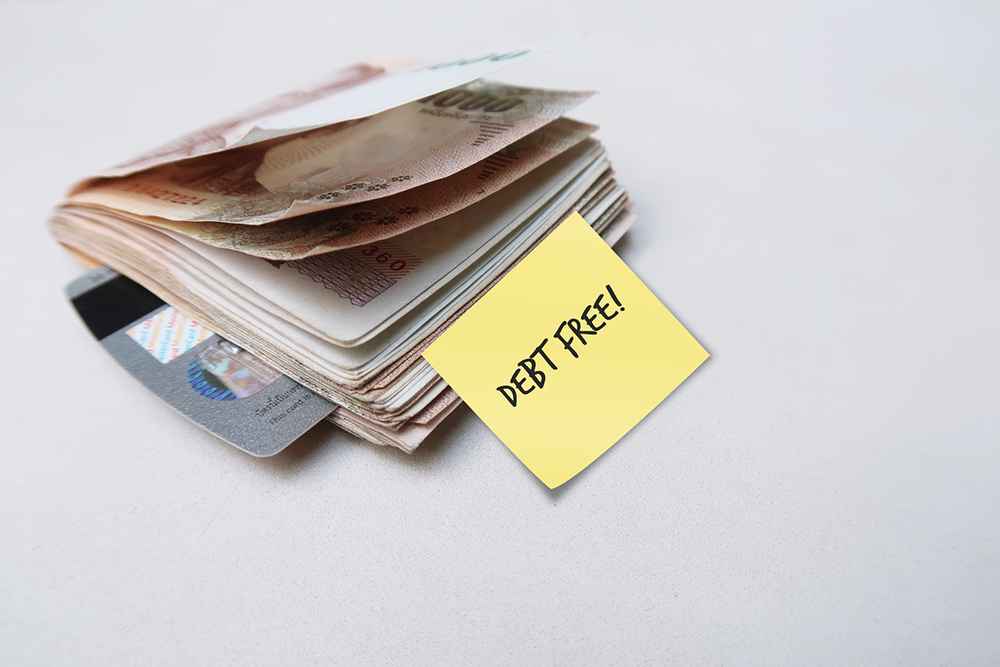Effective Strategies for Managing and Eliminating Debt
Learn practical strategies to manage and pay off debt effectively. This guide covers steps like understanding your total debt, reducing expenses, consolidating loans, and seeking professional help. Implementing these tips can simplify your debt repayment journey and improve your financial health over time.
Sponsored

Strategies for Debt Management and Repayment
People often borrow money to fulfill various needs, from purchasing essentials to funding education or handling emergencies. Unpaid debt, if not managed properly, can become overwhelming and lead to financial stress. Missed payments also damage credit scores, making future borrowing more difficult. Creating a clear repayment plan and disciplined handling of debts is crucial for financial health.
1. Understand Your Total Debt
Start by listing all debts, including credit cards, loans, and other obligations. Knowing the total amount owed helps in planning effective repayment. Prioritize high-interest debts and document minimum payments, due dates, and interest rates for better clarity.
Having a comprehensive overview allows for targeted repayment strategies and better financial management.
2. Monitor Spending Habits
Review your monthly expenses across categories such as housing, transportation, shopping, and utilities. Cutting unnecessary expenses—like subscriptions or dining out—can free up funds for debt repayment. Small changes, like cooking at home or shopping smarter, can significantly reduce costs.
3. Establish a Strict Repayment Schedule
Develop a realistic budget that allows you to consistently pay towards your debts. Setting specific repayment targets helps avoid falling behind and prevents interest from piling up, ensuring steady progress toward becoming debt-free.
4. Generate Extra Income
Increasing your income through side jobs like freelancing, part-time work, or gig economy tasks can accelerate debt payoff. You might also sell unused belongings—furniture, electronics, or vehicles—via online marketplaces or garage sales to raise additional funds.
5. Consider Debt Consolidation
If eligible, consolidating multiple debts into a single loan with a lower interest rate can simplify payments. However, be aware that some consolidation loans come with higher costs, so weigh the benefits against potential risks.
6. Utilize Balance Transfer Options
If you have high-interest credit card debt, transferring balances to a low or zero-interest card for a promotional period can save money. Remember to pay off the transferred amount before interest rates increase and be mindful of transfer fees.
7. Seek Professional Credit Counseling
Consulting non-profit credit counseling services can provide personalized debt repayment plans. Some organizations negotiate with creditors to reduce interest rates or modify repayment terms, making the debt easier to manage.
8. Focus on Dealing with Collections
Debts sent to collections impact your credit score more severely. Prioritize settling these accounts promptly to minimize credit damage and demonstrate responsible financial behavior.
9. Set Achievable Goals and Stay Accountable
Break your debt repayment into small, manageable targets. For example, committing to pay an extra $50 per paycheck can make a difference. Tracking milestones and rewarding progress keeps motivation high and maintains financial discipline.






